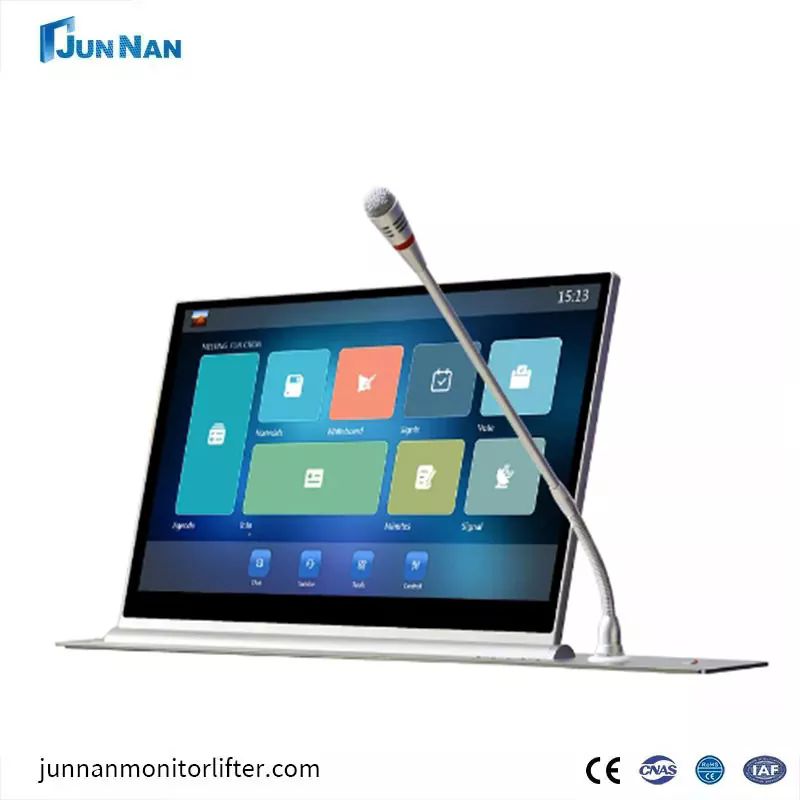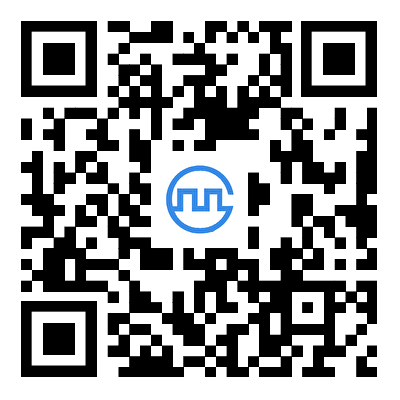How Can a Paperless Meeting System Transform Modern Business Meetings?
2025-06-25
In today’s fast-moving digital world, organizations are constantly seeking smarter, more efficient, and environmentally responsible ways to collaborate. One of the most impactful innovations in this space is the Paperless Meeting System—a digital solution designed to replace traditional paper-based meetings with streamlined, interactive, and secure workflows.

What Is a Paperless Meeting System?
A paperless meeting system is a digital platform or software solution that allows meeting organizers and participants to prepare, distribute, review, and interact with meeting documents electronically—all without the use of paper. It typically includes features such as:
Document sharing and annotation
Agenda creation and distribution
Real-time synchronization
Voting and decision tracking
Secure access controls
Integration with video conferencing tools
The system can be deployed via tablets, laptops, or touch-enabled displays, enabling seamless communication before, during, and after meetings.
What Are the Key Benefits?
Implementing a paperless meeting system offers a wide range of advantages for businesses, government institutions, and educational organizations:
Improved Efficiency: Organizers can distribute materials instantly, while participants can view, annotate, and collaborate in real-time.
Cost Reduction: Saves money on printing, copying, courier services, and storage.
Environmental Responsibility: Reduces paper waste and carbon footprint.
Enhanced Security: Digital platforms often include encryption, user authentication, and role-based access to protect sensitive data.
Better Organization: Digital records are easier to archive, search, and retrieve than physical files.
Remote Accessibility: Enables participation from anywhere, supporting hybrid and remote work environments.
Where Is It Used?
Paperless meeting systems are widely adopted across various sectors:
Corporate boardrooms
Government and municipal councils
Educational institutions
Healthcare organizations
Financial services and law firms
Anywhere strategic decisions, compliance, and documentation are involved, a paperless system adds immense value.
What Features Should You Look For?
When choosing a paperless meeting solution, consider the following key features:
User-friendly interface: Intuitive navigation is critical for user adoption.
Compatibility: Works across multiple devices (Windows, iOS, Android).
Cloud or on-premise deployment: Depending on security and infrastructure needs.
Integrated video conferencing: Enables virtual meetings within the same platform.
Collaboration tools: Note-taking, annotations, and shared whiteboards.
Meeting recording and minutes management: For better documentation and transparency.
Final Thoughts
The paperless meeting system is not just a trend—it’s a powerful tool that aligns with modern business priorities: digital transformation, sustainability, and efficiency. By moving away from paper-heavy processes, organizations can run smarter meetings, make faster decisions, and reduce operational costs—all while contributing to a greener planet.
If your organization hasn’t adopted one yet, now may be the perfect time to make the switch.


